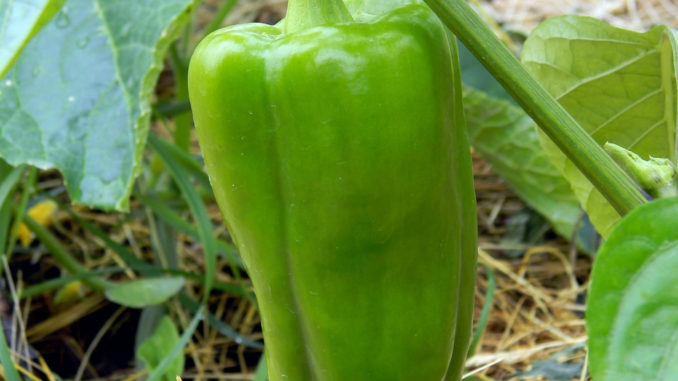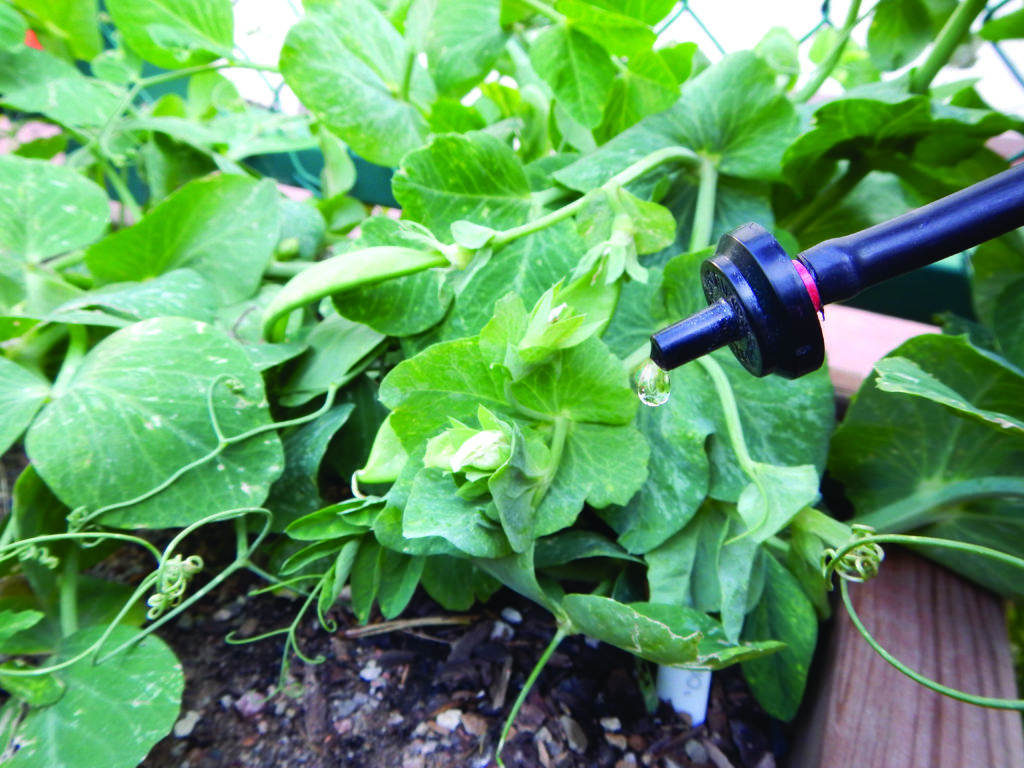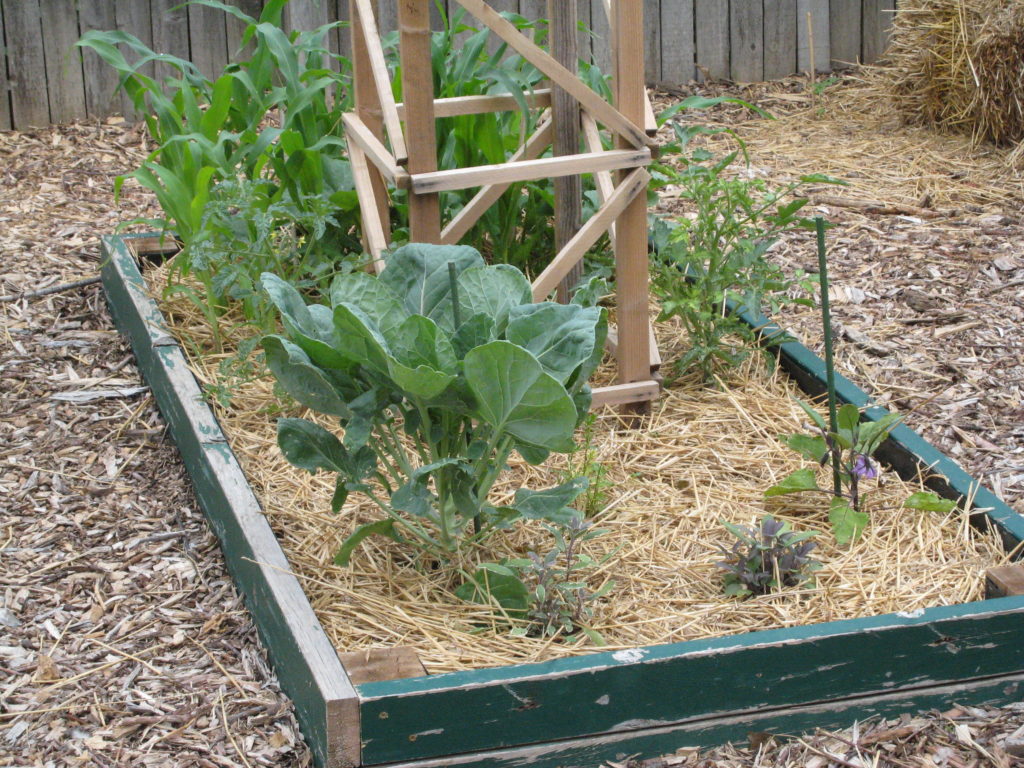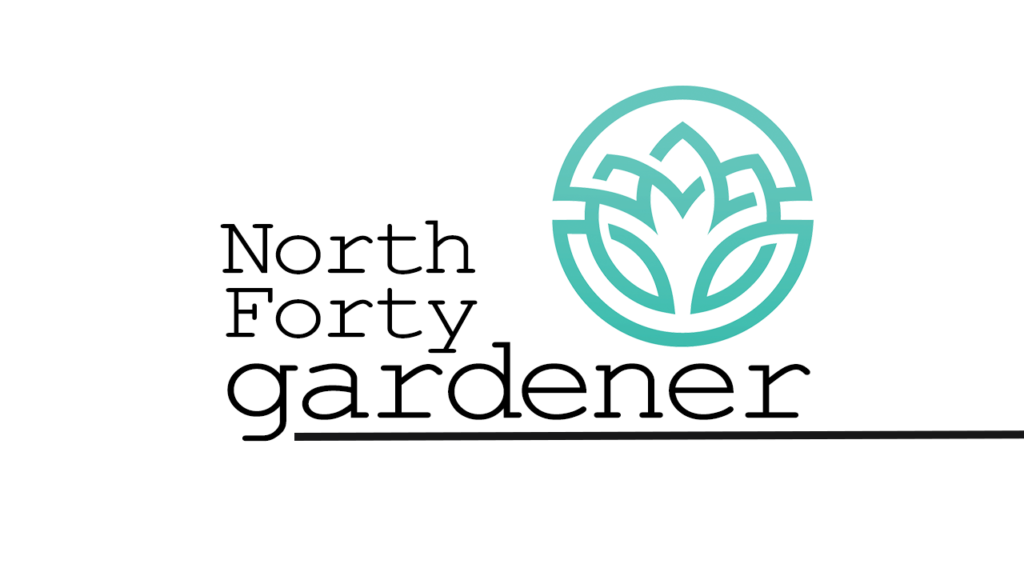
Jesse Eastman, Fort Collins Nursery
Vegetable gardening is the perfect activity for everyone from first-timers to seasoned pros. Even the most experienced gardeners learn something new every year, and there’s no single right way to do it. With that in mind, here are a few tips to level up your garden this year:

Drip Irrigation
Switching from hand watering to drip irrigation was a game-changer for me. Applying exactly the same amount of water every time on a consistent schedule makes for healthier plants than my sometimes inconsistent hand watering. Applying water to the base of each plant instead of overhead watering reduces a variety of fungal issues. Drip is efficient, dramatically reducing water waste due to wind and evaporation. Plus, the time saved on watering can be spent on other tasks.

Mulch
Installing mulch (anything that creates a protective layer between the air and the soil) makes life in a garden much easier. Mulch prevents weeds from taking over by blocking sunlight from reaching newly sprouted weedy plants. It keeps soil from heating and baking in the midday sun, reducing stress on plant roots and reducing water evaporation. While any type of mulch will be beneficial, my preferred mulch in a vegetable garden is sterile straw mulch, since it decomposes quickly after the gardening season is over, adding organic matter to the soil for next year.
Frost Protection
There are a lot of ways to protect tender young plants from frost and freeze, but they all serve essentially the same goal – get your garden started earlier to extend the growing season. The simplest protection is floating row cover. This is simply a lightweight translucent fabric that traps warm air close to the ground over your plants. The warm air helps your plants grow and warms the soil, encouraging root growth in young plants. Other options include Season Extenders (aka Wall O’ Water) which utilize water-filled cylinders to create a mini solar-powered radiant greenhouse for individual plants or Hot Caps which are ideal for protecting clusters of seedlings like squash and pumpkins. Northern Colorado can still get extremely cold nighttime temps in early spring, be prepared to provide extra protection such as layers of row cover, tarps, or buckets in addition to existing frost protection.
Soil Testing
Even soil that is rich and dark soil with lots of organic matter can have issues that will inhibit healthy plant growth such as high salt levels or nutrient excesses or deficiencies. Many beginner gardeners will add compost, manure, or fertilizer to a garden that is underperforming, not realizing these elements in excess may be causing the very problem they’re trying to fix. Colorado State University provides soil testing for home gardeners that analyzes all of the most common traits that affect home vegetable gardens and gives recommendations for the best way to resolve any problematic results. Their soil collection kits are available for free at most independent garden centers, you just collect your soil according to the instructions, send it into the soil lab, and they bill you for whichever type of analysis you choose. This isn’t something that needs to be done every year, but if your garden is struggling in spite of your best efforts, it is a far better approach than “add more compost and hope that fixes everything!”
Did you like what you just read?
Show your support for Local Journalism by helping us do more of it. It's a kind and simple gesture that will help us continue to bring stories like this to you.
Click to DonateNorthern Colorado LiveMarket
"vegetable" - Google News
April 17, 2021 at 09:02PM
https://ift.tt/2QzgO53
Tips From the Pros for A Great Vegetable Garden - North Forty News
"vegetable" - Google News
https://ift.tt/2CyIOeE
https://ift.tt/3aVzfVV
Bagikan Berita Ini















0 Response to "Tips From the Pros for A Great Vegetable Garden - North Forty News"
Post a Comment